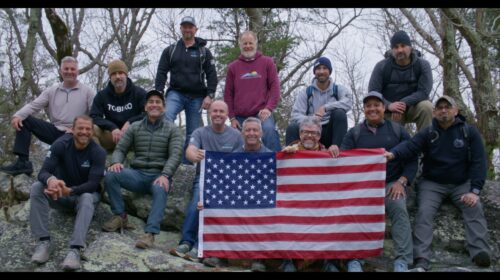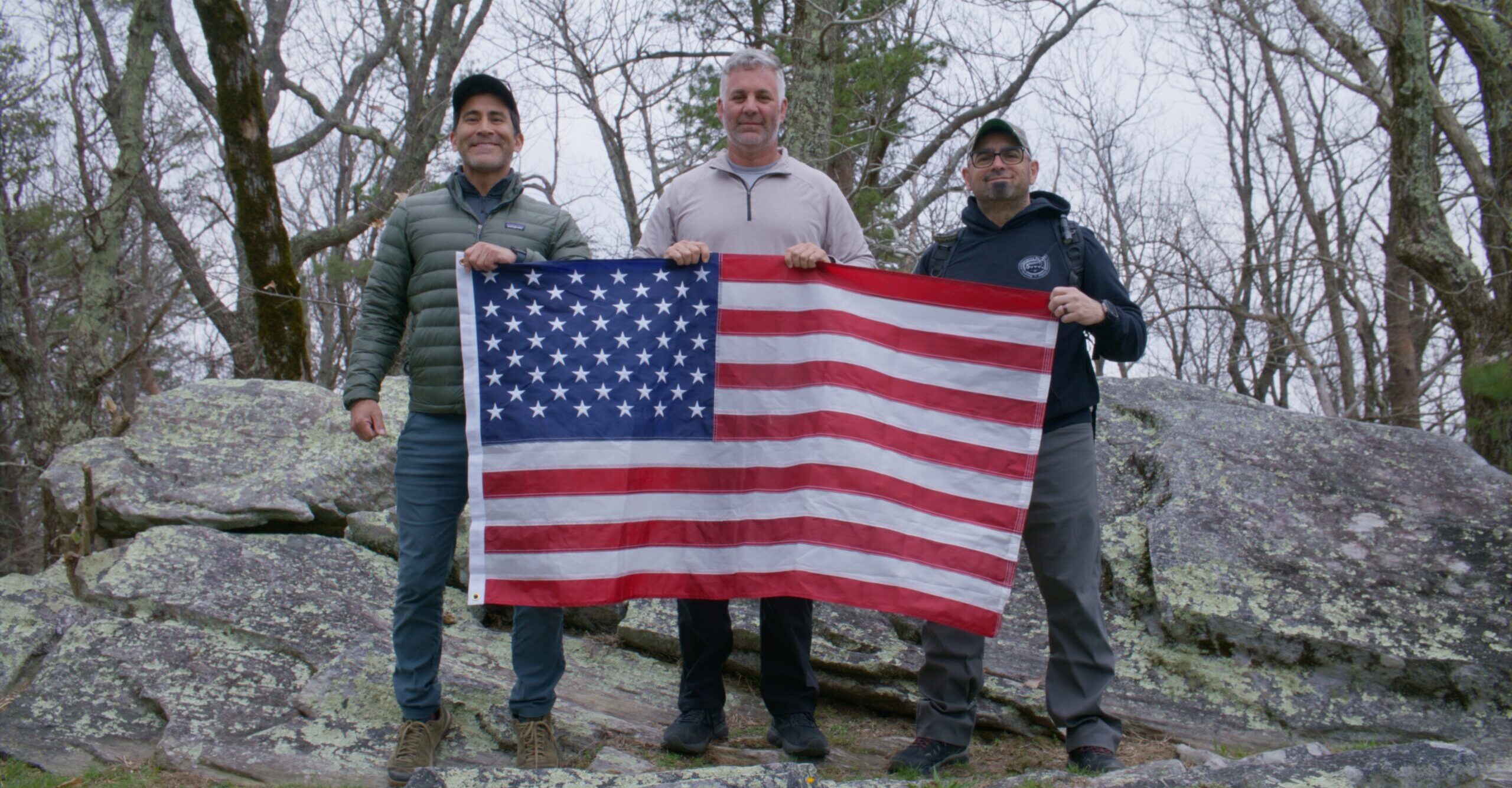ARETE Retreat Reflection
Forgiving Myself on the Mountain
I felt closest to myself on top of the mountain. In that quiet space, surrounded by nature, I reflected deeply on my life—particularly my divorce and the ways I’ve been seeking forgiveness. A moment of clarity struck: true healing begins with forgiving myself. That realization felt like a shift, a release of weight I’d been carrying in silence. Shame and regret had been lingering in my heart, but in that moment, I saw that if I want to be the man my children look up to, I have to lead with grace toward myself.
A Stoic Fire Within
The idea I planted in my heart during the retreat was a desire to embody the Stoic man. The philosophies shared felt deeply familiar—like truths I had always sensed but hadn’t fully acted upon. Embracing that path required vulnerability. I’ve always shown the world that I’m a hard worker, outgoing, and determined. But behind closed doors, I’ve struggled with integrity. When no one’s watching, I can become complacent. I’ve let things slide, allowed laziness to creep in, and failed to hold myself to the standard I present publicly. Admitting that openly was difficult, but also freeing. Others related, which reminded me I’m not alone—and that truth sparked something inside me. I don’t want to waste time anymore. I want to use every day to become the man I know I’m capable of being.
Alignment Through Challenge
Throughout the retreat, alignment came most clearly after doing something difficult. The cold plunge, the breathwork—they brought me back to the hardest chapters of my life and reminded me of what I’ve endured and what I can still overcome. These trials tested me and brought me fully into the present. But nothing compared to the moment on the mountain. That’s where I truly forgave myself. I wept—deep, cleansing tears—and spoke to the universe, to God. I felt His presence. It all felt exactly as it was meant to be. I rested, grounded myself in the land and in spirit, and gave myself permission to grow. That moment wasn’t just emotional—it was transformational.
The Anchor of Ethos
Creating my Ethos was the first step in truly living it. Writing down the kind of man I want to be—defining what I value, how I want to show up, and what I stand for—was more than an exercise. It was a declaration. That act forced me to pause, to reflect with honesty, and to commit. From that point forward, everything I did during the retreat was shaped by that intention. My Ethos became a lens through which I saw my actions and a foundation that kept me anchored.
Fatherhood as Purpose
Of all the values I hold, the one I want to embody most intentionally is fatherhood. I want to be the best father in the world. I want my children to feel seen, loved, and supported—to know without a doubt that we are a team. My goal is not just to guide them, but to understand them deeply. I want to be patient, grounded, and compassionate, giving them the kind of connection and love I sometimes longed for growing up. My parents raised me with care and strength, and though they’re no longer here, I carry their legacy forward through how I show up for my own children. This is the only life I have, and I want to live it with purpose—not just for me, but for the generations to come.
The Energy I Bring to the World
This experience left an imprint on how I want to engage in all my relationships. I want to be more patient, more present, and more grounded—with my kids, a future partner, my friends, and my community. I want to be someone others are excited to be around—a man who is kind, intelligent, and steady. I want to carry quiet confidence and let my joy radiate, creating space for others to feel safe, seen, and loved. My goal is to be the kind of presence that lights up a room— not with noise, but with intention and care.
The Story I’ll Carry Forward
The story I’ll carry with me the most is Forgiving Myself on the Mountain. It was deeply personal, but it also felt connected to something greater. I’ll never forget the men I met—each from different walks of life—who showed up with open hearts. Watching them take on the cold plunge, face fears during the Masogi, and release burdens in the waterfall was sacred. I had the honor of witnessing many of these moments. The Masogi ceremony, especially, moved me deeply as men let go of what they’d carried for too long. The final evening ceremony, under the stars by the fire, felt like a closing and a beginning all at once. We honored our ancestors, warriors, philosophers, and thinkers—and stepped back into the world with a renewed sense of purpose and truth.

